China's foreign trade recorded a new high in April, with trade with traditional and new emerging markets such as the EU, the US, and Belt and Road Initiative (BRI) partner countries all showing a growth trajectory, He Yadong, spokesperson for China's Ministry of Commerce, said at a press briefing on Thursday.
In April, China's foreign trade hit a record high, which was one of the most prominent features of the April data, according to He. The foreign trade number stood at 3.64 trillion yuan ($560 billion) in April, up 80 billion yuan from March. This represents year-on-year growth of 8 percent. Imports and exports increased by 5.1 percent and 12.2 percent year-on-year, respectively. He said this performance was in line with market expectations.
Meanwhile, China's trade with traditional markets reversed from decline to growth in April, driven by factors like inventory digestion and demand recovery, He said. Exports to the EU and the US jumped 3.3 percent and 6.2 percent, respectively. Regarding emerging markets, trade with members of the Association of Southeast Asian Nations (ASEAN) and BRI partner countries grew by 14.4 percent and 9 percent, respectively, surpassing the overall average.
According to He, from the standpoint of industries, machinery and electrical products were the primary contributors to the overall trade growth, with a 10.4 percent increase in imports and exports, driving a 5.1 percentage point increase in overall trade. Additionally, the global export recovery for electronic information products led to a 20.4 percent rise in integrated circuit imports.
Global trade is continuing the slow recovery trend seen since the fourth quarter of 2023, which has stabilized the confidence of foreign trade enterprises to some extent, according to He. MOFCOM's recent surveys revealed that key foreign trade enterprises have witnessed a consecutive four-month improvement in new orders, with over 80 percent of Canton Fair exhibitors reporting stable or increased order volumes.
He nevertheless took note of certain challenges and headwinds, particularly the unilateralism and protectionism practices by certain countries, which not only elevate costs and risks but also disrupt global industrial and supply chains.
"Facing these uncertainties, China is committed to promoting high-level opening-up and actively cultivating new drivers of foreign trade. At the same time, we will address the difficulties faced by foreign trade enterprises and assist companies in reducing costs, increasing efficiency, and enhancing international competitiveness," said He.








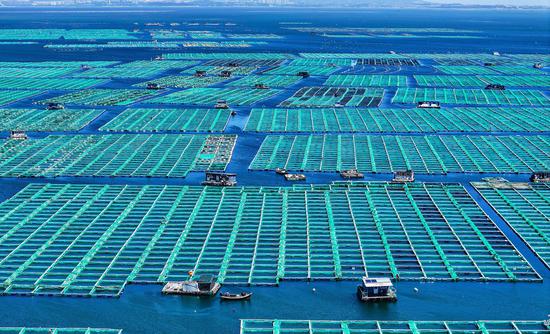












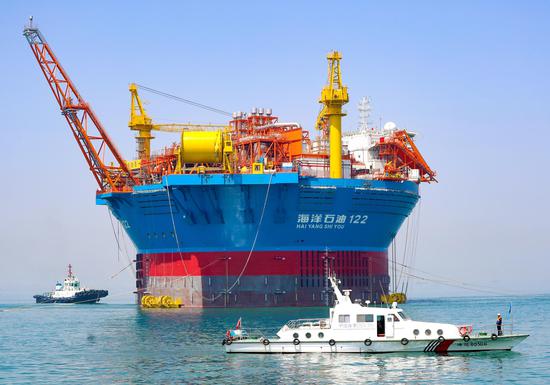
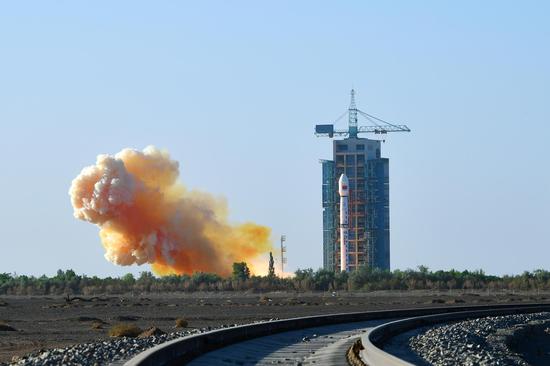
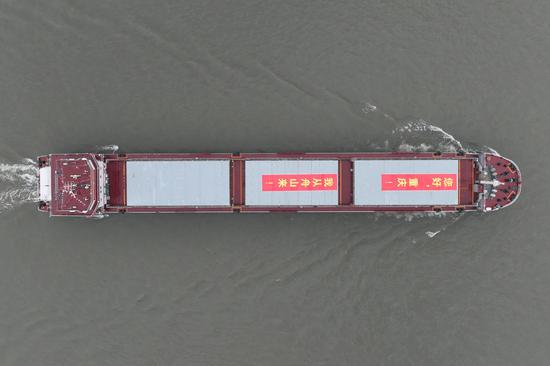

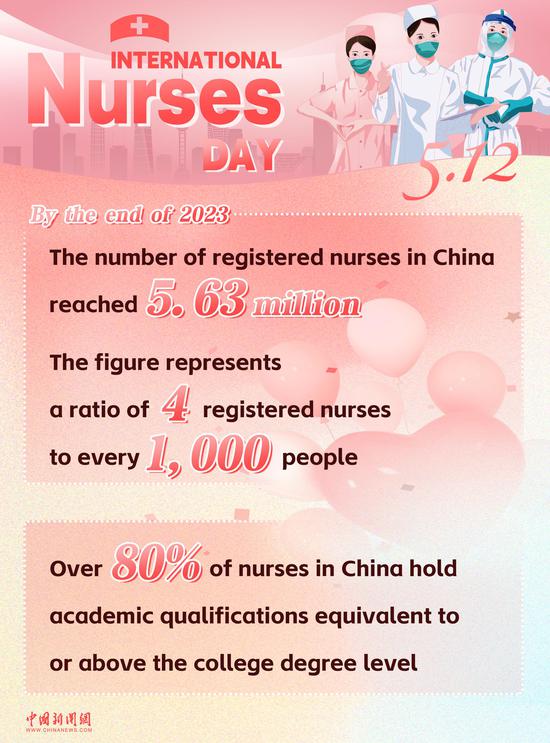

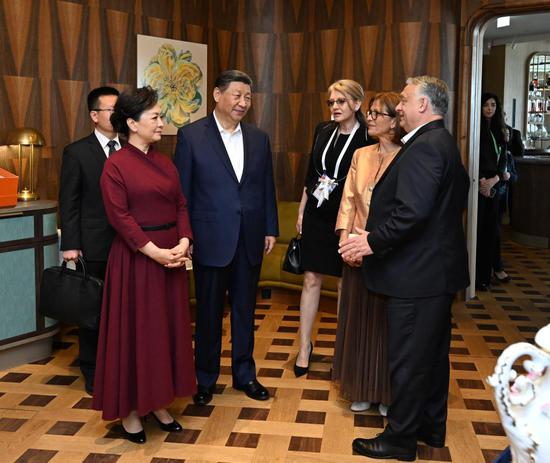
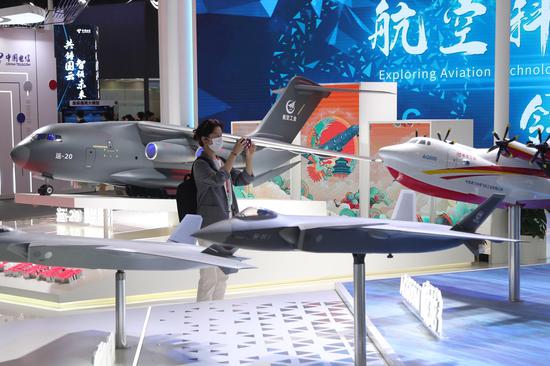



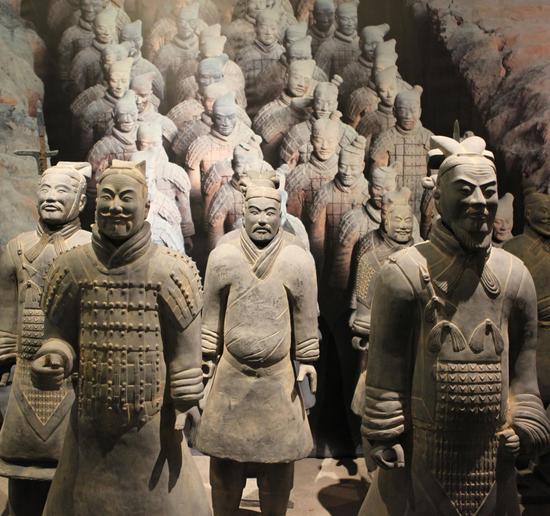


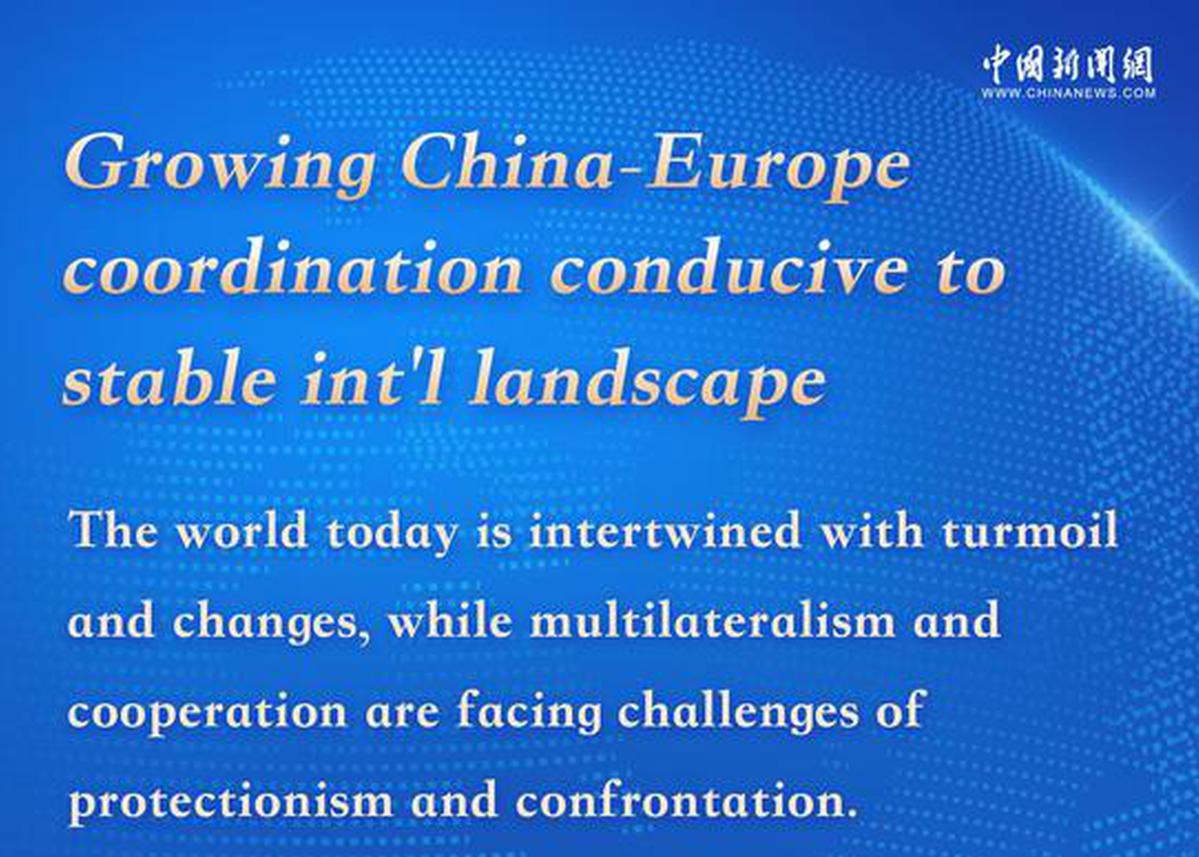
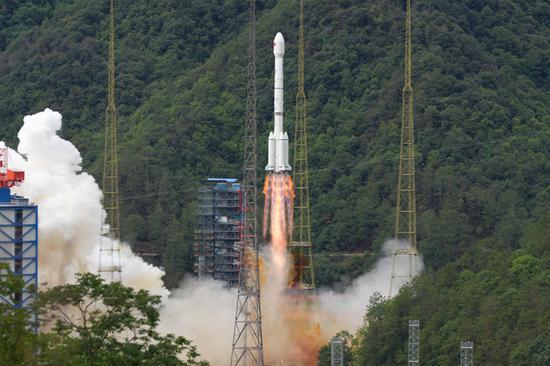


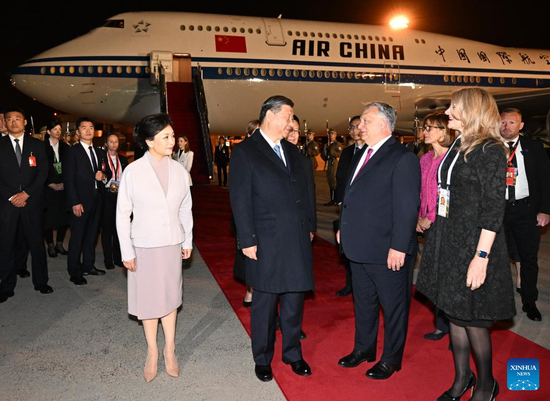
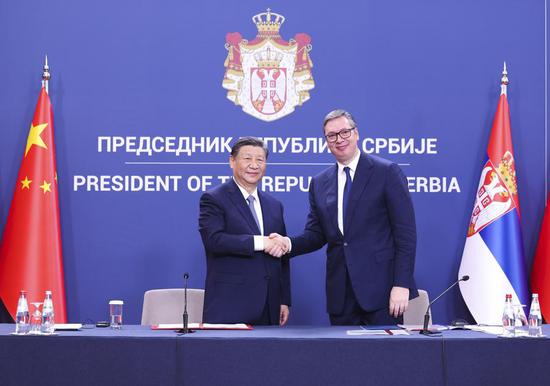
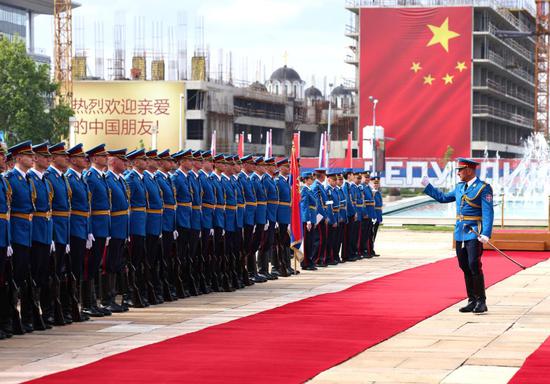
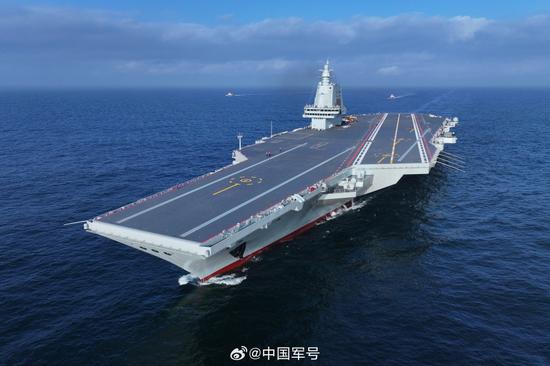
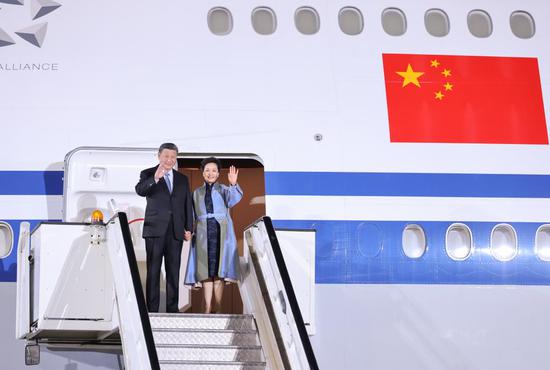






 京公网安备 11010202009201号
京公网安备 11010202009201号